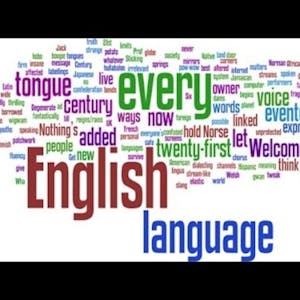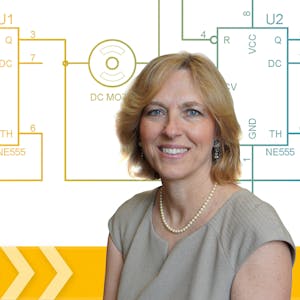GO Programming for Everyone: Part 2
About this Course
This course provides you with new opportunities to use the Go programming language. Building on the foundational knowledge introduced in the first course \"GO Programming for Everyone: Part 1\", this course delves deeper into the Go programming language, offering a comprehensive understanding of its more advanced features. GO is an open-source programming language developed and supported by Google. It is easy to learn and use. In the new world we live in, coding is a universally valuable skill, whether you\'re a scientist, artist, or a humanist. Algorithms are everywhere, and we all have to understand how they work. Designed for learners who have completed the first course or possess basic Go programming knowledge, this course will expand your skills and enhance your ability to develop efficient, scalable applications. The estimated time commitment for this course is five hours a week for five weeks. This is primarily aimed at first- and second-year undergraduates interested in engineering or science, along with high school students and professionals with an interest in programming.Created by: University of California, Santa Cruz

Related Online Courses
This is the third course in the Teach English: Intermediate Grammar specialization. It will be useful to ESL teachers or those interested in learning to teach English language, but it is not an... more
Students prepare statements relevant to year end accounting processes synthesizing what they have learned in the previous two courses. Specific topics include adjusting entries, closing entries... more
This course is intended for individuals who\'d like to work with data from their organization but don\'t know where to start. We\'ll combine generative AI and your insights to structure research... more
NVIDIA-Certified Generative AI LLMs - Associate Specialization is intended for candidates working in AI, machine learning, and deep learning roles who want to enhance their expertise in generative... more
This course explains how to analyze circuits that have direct current (DC) current or voltage sources. A DC source is one that is constant. Circuits with resistors, capacitors, and inductors are... more








